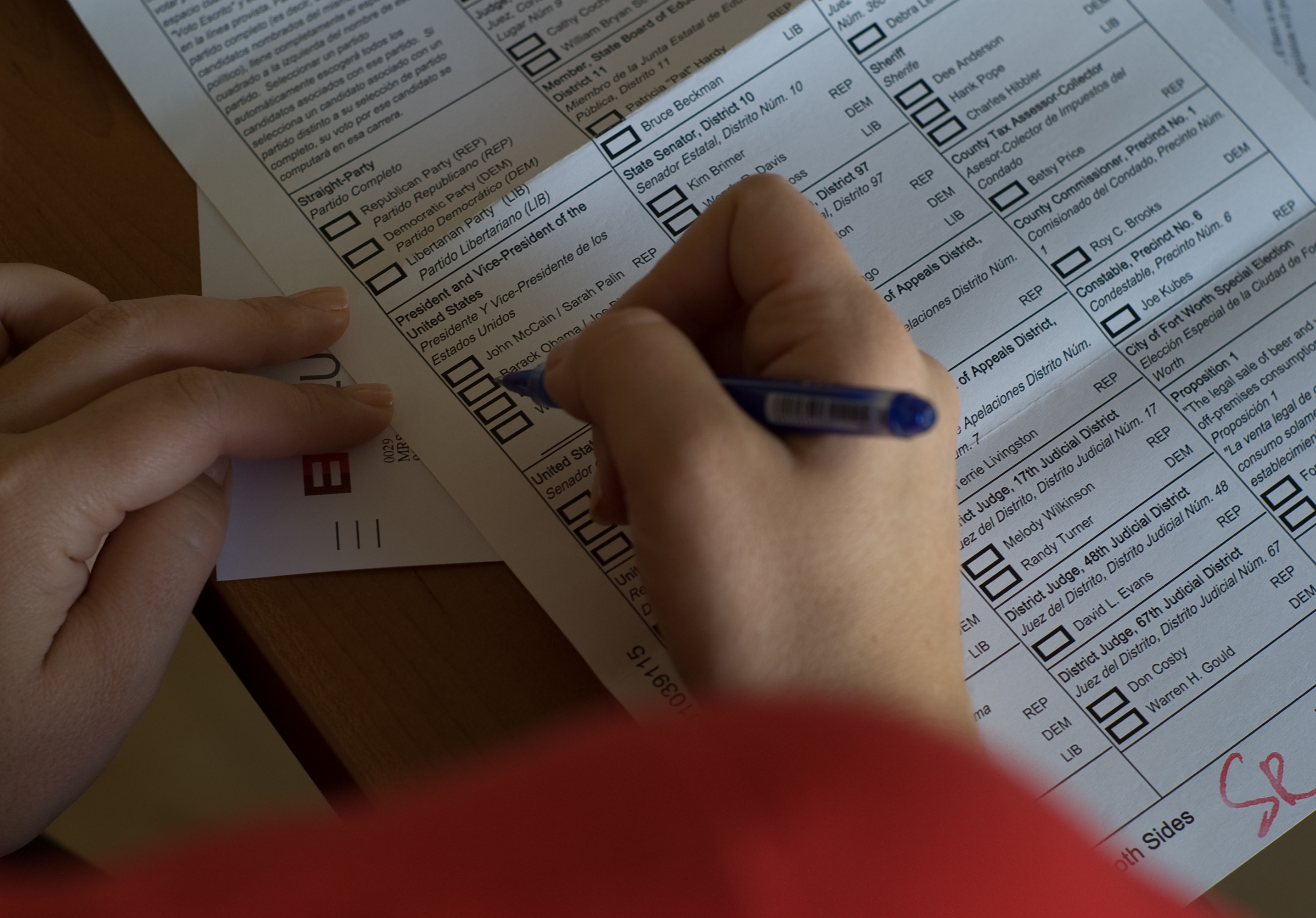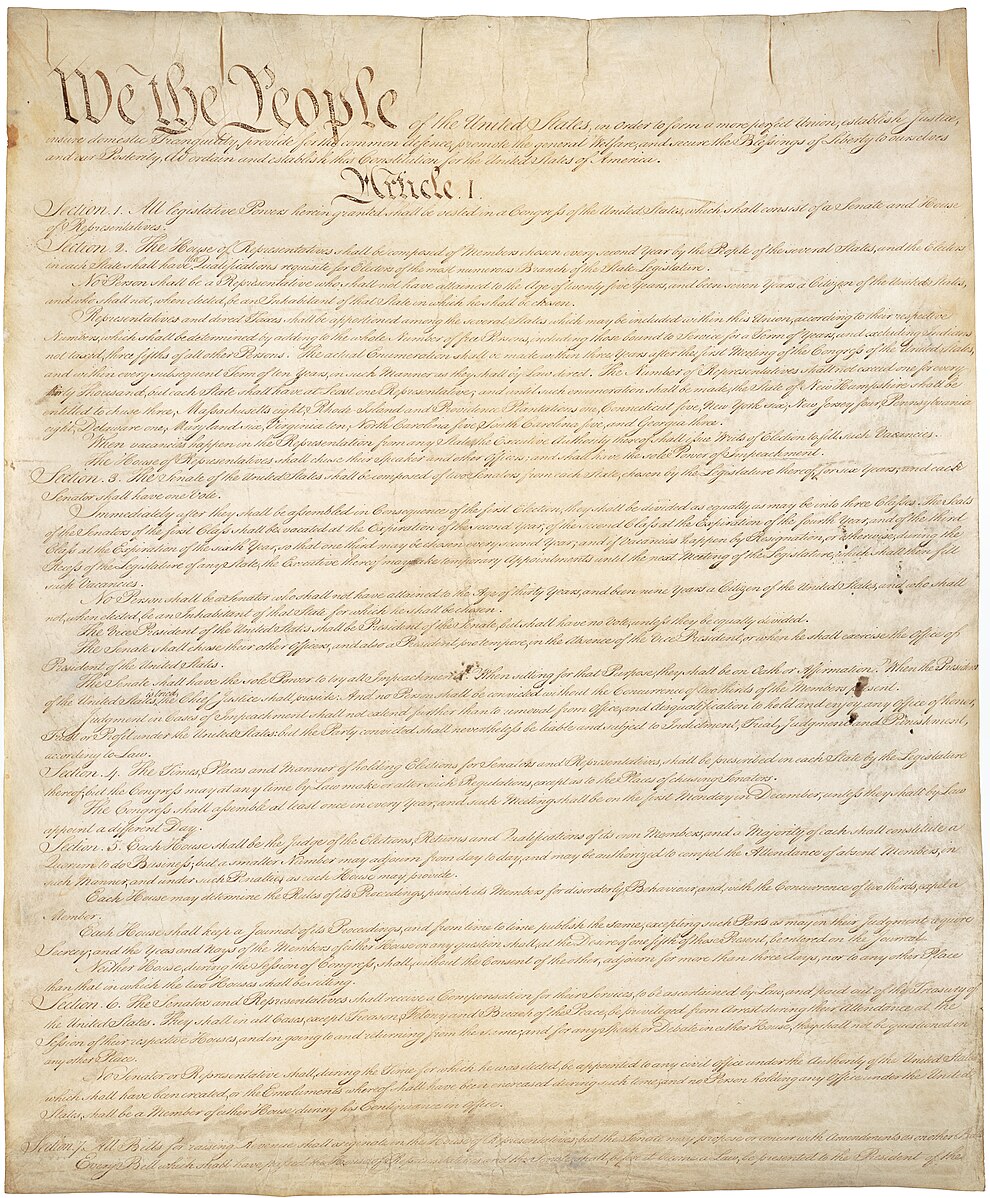Results
This measure passed.
The gist
Ever wanted a third party or independent candidate to win an election? If this referendum passes, it would be even more possible than it was when voters voted for it in the November 2016 referendum election.
Ballot question
“Do you want to reject the parts of a new law that would delay the use of ranked-choice voting in the election of candidates for any state or federal office until 2022, and then retain the method only if the constitution is amended by December 1, 2021, to allow ranked-choice voting for candidates in state elections?”1
| Yes means | No means |
|---|---|
| I am in favor of ranked-choice voting. | I want to keep elections the way they are. |
Tell me more
Think you’ve seen this question before? You have.
Here’s the history:2
- November 2016: Ranked-choice voting was passed by voters.
- May 2017: The Supreme Judicial Court decided that ranked-choice voting violates language in the constitution.
- October 2017: Both the state House and state Senate approved an amendment (LD 1646) to the constitution to repeal and postpone the implementation of ranked-choice voting until the legislature can figure out how to implement it, which gives until 2021 to amend the constitution to make it possible.
- February 2018: Enough voter signatures were collected enough signatures to get Question 1 on the ballot, which, if passed, would veto LD 1646 and enable ranked-choice voting now.
- March 2018: The Secretary of State certified the voter signatures and put Question 1 on the ballot. Putting the measure on the ballot means that LD 1646 is suspended and ranked-choice voting is required to be used for the June 2018 election.
- March 2018: The Secretary of State pointed out some issues with implementing ranked-choice voting and asked for legislation to be passed to fix the issues.
- April 2018: The Kennebec County Superior Court and state Supreme Judicial Court ordered the Secretary of State to use ranked-choice voting for the June 2018 election.
- May 2018: The Republican part sues the state to attempt to bar the use of ranked-choice voting in primary elections.
- As of right now, ranked-choice voting is still planned to be used for the June 2018 election.
How ranked-choice voting works:
- Voters rank all of the candidates on the ballot.
- The voters’ first choices are tallied.
- The last place candidate is removed from all ballots.
- The ballots are tallied again, but those voters whose first choice was the removed candidate will have their second choice counted.
- Rinse and repeat until there are only two candidates left.
- The candidate with the highest count in the last round wins the election.
The referendum previously passed calls for ranked-choice voting to be used in elections for U.S. senators, U.S. representatives, the governor, state senators, and state representatives.
Follow the money
The costs in this section are from the 2016 referendum question. No new numbers have been provided for this new question.
2017-18 Costs: $837,2703
2018-19 Costs: $714,3883
The money will be used to:
- Print additional ballot pages
- Update ballot tabulating machines
- Contract 2 limited-period Special Deputy positions to oversee the process
- Pay overtime and fuel costs to secure and return election ballots.
The money will be coming from:
- General Fund appropriation
- Highway Fund allocation
Note: The Maine Office of Fiscal and Program Review fiscal statement says that most of the expenditures are ongoing3, but some of them (i.e. updating ballot machines) are likely one-time. The Maine State Treasurer, Terry Hayes cited $500,000 as the cost in an Op-Ed, but it isn’t clear where that number came from or whether it’s the startup costs or ongoing costs.4
Pros
The primary arguments for this referendum are:
- It enforces the will of the voter and sets a precedent to encourage legislators to carry out the will of the voter for future referendum questions.
- It would support third party and independent candidates.
- It allows voters to vote for their preferred candidate without fear of the spoiler effect.
- It could reduce negative attack ads.
- It is less costly than runoff elections.
Cons
The primary arguments against this referendum are:
- It requires a constitutional change.
- It costs more money than the current system.
- It takes more time to count ballots.
- Voters could be confused by a more complex ballot.
- It’s unconstitutional, which could lead to court costs.
- Some believe it doesn’t reflect the will of the voters.
Further reading
References
-
Dunlop, M. Maine Citizen’s Guide to the Special Referendum Election. Accessed May 20, 2018. ↩
-
Ballotpedia State Desk. Maine Question 1, Ranked-Choice Voting Delayed Enactment and Automatic Repeal Referendum (June 2018). Ballotpedia. Accessed May 20, 2018. ↩
-
Dunlop, M. Maine Citizen’s Guide to the Referendum Election. Accessed October 7, 2016. ↩ ↩2 ↩3
-
Hayes, T., Ranked Choice restores majority rule. Sun Journal, September 25, 2016. Accessed October 7, 2016 ↩


